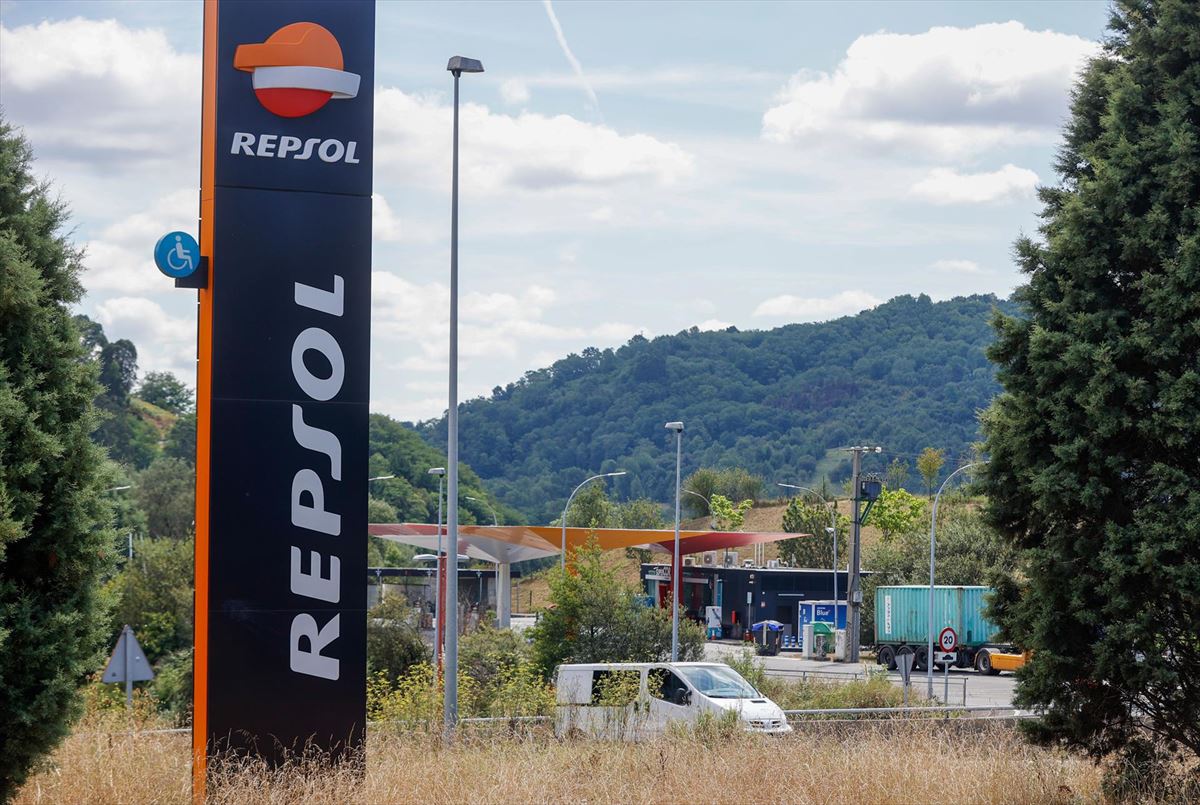The Lehendakari believes “that taxing sales and not corporate dividends is not the best model.” The CEO of Repsol has described the tax as “fiscal populism” and “discriminatory”, and the CEOE president believes it is “too much”.
The CEO of Repsol and former chairman of the EBB of the PNV, Josu Jon Imazwarned on Tuesday that investment in the Spanish state’s energy sector will “slow to a minimum” if the special tax on energy companies is made permanent and refineries could be closed this decade.
“Billions of euros will be diverted to other countries. It is possible that, given the difficulty of decarbonizing the economy, the Spanish refining sector will struggle to sustain itself before the end of this decade,” Imaz said in an extensive article published in several newspapers.
The multinational has always been critical of the 1.2% tax about the unregulated activities of major energy companies in Spain and this was learned on Monday Repsol will realize its investment in a 4 megawatt (MW) electrolyzer in Sines (Portugal), while in Spain projects with an electrolysis capacity of 350 MW remain on standby.
“Now, the fiscal populism will punish this activity with a tax discriminatory making it impossible to carry out this investment. Although it was already difficult to compete with energy investments in the United States, this blow makes it impossible,” he said, referring to the Spanish government’s intention to make this tax permanent.
Repsol’s CEO has considered this “tax” It is the result of ‘populism and demagoguery’ or ‘simply’ the ‘toll that must be paid for Sumar to continue supporting a government’.

The Chairman of the CEOE, Antonio Garamendihas also criticized the sustainability of the extraordinary burden on the energy sector, which, he has warned, “asking for” “billion dollar” investments in Spain; and has been “in the know” of Repsol, Cepsa and all electricity companies.
‘It is taxes that remain’Garamendi repeated when asked by the press. Garamendi has indicated that it is a tax that will be billed “on billing,” which is “supposed” to be temporary for two years and “it appears they want to make it permanent.” “We have already started playing the game in a different way,” he said.
For his part, the Lehendakari Imanol Pradales has defended “taxing the turnover and not the dividends of companies It’s not the best model. But if these levies were to be consolidated as permanent taxes, we demand that they can be agreed upon because we have our own fiscal capabilities.”
Pradales has therefore defended that these taxes should continue to exist under the control of the estates of Álava, Bizkaia and Gipuzkoa if these become permanentas the Economic Agreement does not give the Basque government powers over temporary taxes, but does give them powers over permanent taxes.
Pradales has announced its intention to make regulatory decisions on these taxes, taking into account that they burden sectors that generate high employment in the Basque Autonomous Community (CAV).
Source: EITB
I’m Wayne Wickman, a professional journalist and author for Today Times Live. My specialty is covering global news and current events, offering readers a unique perspective on the world’s most pressing issues. I’m passionate about storytelling and helping people stay informed on the goings-on of our planet.



